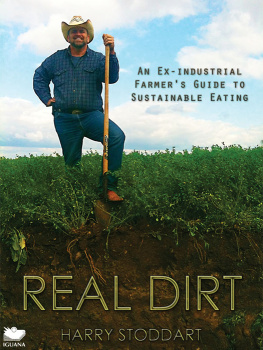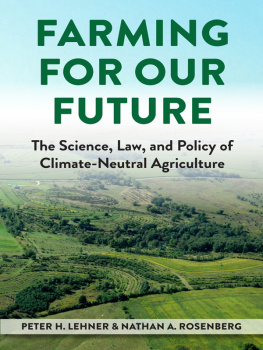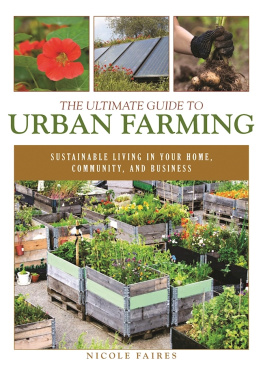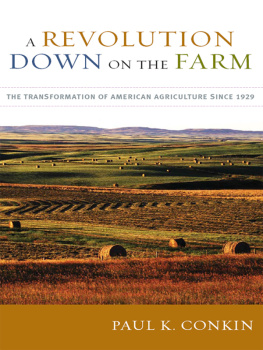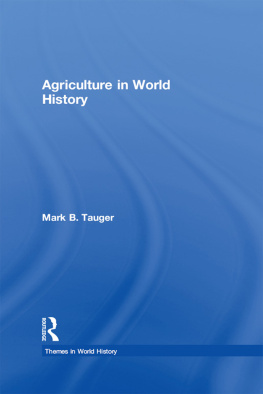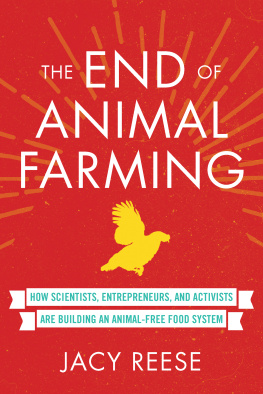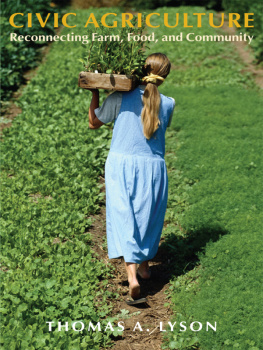Ellen K. Silbergeld - Chickenizing Farms and Food: How Industrial Meat Production Endangers Workers, Animals, and Consumers
Here you can read online Ellen K. Silbergeld - Chickenizing Farms and Food: How Industrial Meat Production Endangers Workers, Animals, and Consumers full text of the book (entire story) in english for free. Download pdf and epub, get meaning, cover and reviews about this ebook. year: 2016, publisher: Johns Hopkins University Press, genre: Politics. Description of the work, (preface) as well as reviews are available. Best literature library LitArk.com created for fans of good reading and offers a wide selection of genres:
Romance novel
Science fiction
Adventure
Detective
Science
History
Home and family
Prose
Art
Politics
Computer
Non-fiction
Religion
Business
Children
Humor
Choose a favorite category and find really read worthwhile books. Enjoy immersion in the world of imagination, feel the emotions of the characters or learn something new for yourself, make an fascinating discovery.

- Book:Chickenizing Farms and Food: How Industrial Meat Production Endangers Workers, Animals, and Consumers
- Author:
- Publisher:Johns Hopkins University Press
- Genre:
- Year:2016
- Rating:3 / 5
- Favourites:Add to favourites
- Your mark:
Chickenizing Farms and Food: How Industrial Meat Production Endangers Workers, Animals, and Consumers: summary, description and annotation
We offer to read an annotation, description, summary or preface (depends on what the author of the book "Chickenizing Farms and Food: How Industrial Meat Production Endangers Workers, Animals, and Consumers" wrote himself). If you haven't found the necessary information about the book — write in the comments, we will try to find it.
Drawing on her deep knowledge of and experience in environmental engineering and toxicology, Silbergeld examines the complex history of the modern industrial food animal production industry and describes the widespread effects of Arthur Perdues remarkable agricultural innovations, which were so important that the US Department of Agriculture uses the termchickenizationto cover the transformation of all farm animal production. Silbergeld tells the real story of how antibiotics were first introduced into animal feeds in the 1940s, which has led to the emergence of multi-drug-resistant pathogens, such as MRSA. Along the way, she talks with poultry growers, farmers, and slaughterhouse workers on the front lines of exposure, moving from the Chesapeake Bay peninsula that gave birth to the modern livestock and poultry industry to North Carolina, Brazil, and China.
Arguing that the agricultural industry is in desperate need of reform, the book searches through the fog of illusion that obscures most of what has happened to agriculture in the twentieth century and untangles the history of how laws, regulations, and policies have stripped government agencies of the power to protect workers and consumers alike from occupational and food-borne hazards.Chickenizing Farms and Foodalso explores the limits of some popular alternatives to industrial farming, including organic production, nonmeat diets, locavorism, and small-scale agriculture. Silbergelds provocative but pragmatic call to action is tempered by real challenges: how can we ensure a safe and accessible food system that can feed everyone, including consumers in developing countries with new tastes for western diets, without hurting workers, sickening consumers, and undermining some of our most powerful medicines?
Ellen K. Silbergeld: author's other books
Who wrote Chickenizing Farms and Food: How Industrial Meat Production Endangers Workers, Animals, and Consumers? Find out the surname, the name of the author of the book and a list of all author's works by series.

